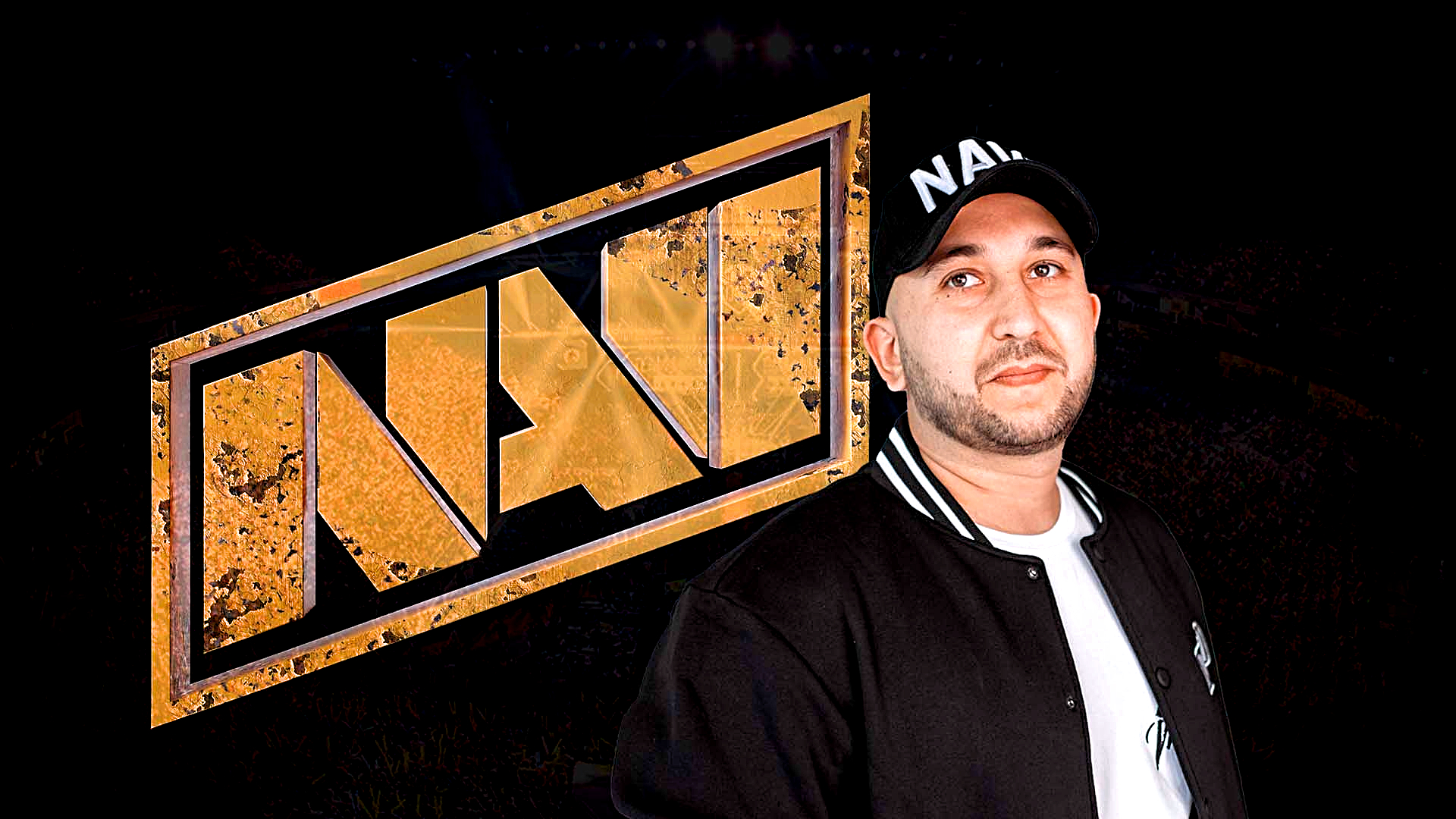How do you lead an esports team through a war? Natus Vinceres CEO Yevhen Zolotarov spoke to us about the war in Ukraine and how he and his team are braving the situation.
The war in Ukraine has been raging for a month now with no prospect of a quick end. Amidst the myriad tragedies of war, esports is also suffering from the situation.
Esports in times of war
Many teams have stopped their activities or moved to safer places, but some have also decided to stay and support their staff and their country. The Ukrainian esports organisation Natus Vincere is among the harshest critics of the Russian invasion and the players and staff now find themselves in the absurd situation of keeping an esports team running while war rages on their doorstep.
Table of Contents
It’s surreal that this is happening in the 21st century.
“It’s surreal that this is happening in the 21st century while we have metaverses, artificial intelligence and more,” NAVI’s CEO Yevhen “HarisPilton” Zolotarov tells us. Surreal is also perhaps the only way to describe Zolotarov’s personal experience at the start of the war:
“For me, it all started maybe 500 metres from my house. I live near Kiev and there is an airport there that the Russians wanted to use (editor’s note: Hostomel airport), so planes and helicopters flew right past my house. I have a nine-month-old baby, so we left first thing in the morning the next day. I had no choice and I don’t know what happened to my house.”
Before the war, Natus Vincere had its own offices in the capital Kiev, but with the start of the invasion, most of the staff has moved to western Ukraine. Parts of the finance and legal departments are currently in Cyprus, where they were sent a few days before the Russians invaded. But sporadically, some staff are still in the embattled capital.
“We can continue. We are relatively safe. “
This means NAVI can continue to operate despite Russian airstrikes. But even in the relatively quiet west of the country, the war dominates daily work. “It is difficult to meet our sponsorship obligations. Not only technically.” Zolotarov sighs before continuing, “It’s impossible to advertise while these things are happening.”
But still, NAVI is able to keep working because they also support their partners in the West. Not only in suspending commitments, some have also offered financial support and more, so the organisation is stable, at least in terms of finances.
Still, there is no thought of a normal routine. Especially on social media, the war overshadows everything.
One month ago pic.twitter.com/g3eVv1eu4Z
– NAVI (@natusvincere) March 24, 2022
How long NAVI can maintain operations is difficult for the CEO to judge. While they have no financial worries and continue to keep all employees, including those who have joined the Ukrainian army, no one knows what will happen next.
Finally, esports has also become completely uncertain. Some teams, like the CS:GO team, are out of the country and can still participate in tournaments. Others, like NAVI’s Dota 2 division, can theoretically play, only there is no season, as Valve has suspended Dota 2 esports in Eastern Europe, for example.
NaVis support for Ukraine
Despite this situation, Natus Vincere is trying to support its own employees as well as the Ukrainian army and humanitarian organisations.
https://t.co/iNiwMXrC81 pic.twitter.com/JaOa6JQxEA
– NAVI (@natusvincere) February 24, 2022
Some employees have joined the Ukrainian Armed Forces and the team is trying to support them as much as they can via crowdfunding and more. Their vehicles are also on the road distributing much needed supplies and supporting humanitarian missions.
A crack across Eastern Europe
Natus Vincere is one of the most traditional esport teams in Eastern Europe and, accordingly, naturally also has Russian players under contract. The best known is probably the Ukrainian-Russian team around CS:GO superstar s1mple.
️ @s1mpleOIEM pic.twitter.com/nQjH576Cqa
– ESL Counter-Strike (@ESLCS) February 25, 2022
A situation that seems pre-programmed for trouble. But for many of the Russian players, it is drastic. Many have played for NAVI for years, some even live in Ukraine and are accordingly bombarded by their own country.
But what is more important to Natus Vincere than citizenship is the professionals’ own political opinions and attitudes. Zolotarov is particularly worried about those who are still in Russia. Because of the new draconian censorship laws, neither he nor the players there can even say anything.
The situation in Russia, of course, has far-reaching effects on the entire Eastern European scene. Many top teams such as Virtus.Pro or Gambit have connections to the Russian government and are therefore affected by the sanctions. For Zolotarov, Russian esports is therefore as good as destroyed:
I don’t think the “CIS” region exists anymore. Eastern Europe will continue to exist, but much smaller than before
Even private teams are affected and are leaving the country. Ultimately, Zolotarov assumes that Russian players will at least have to move their residences out of the country to keep their esports careers alive
Thankfulness for Western support
Esports as an industry has very limited influence on the war in Ukraine. Nevertheless, Zolotarov is grateful for the support he has received so far in the scene. Not only financially, but also in terms of production and more, there is help from the West.
Although these are only a drop in the ocean and cannot decisively influence the situation, Zolotarov is nevertheless happy about it. For fans worldwide, he has a simple message:


